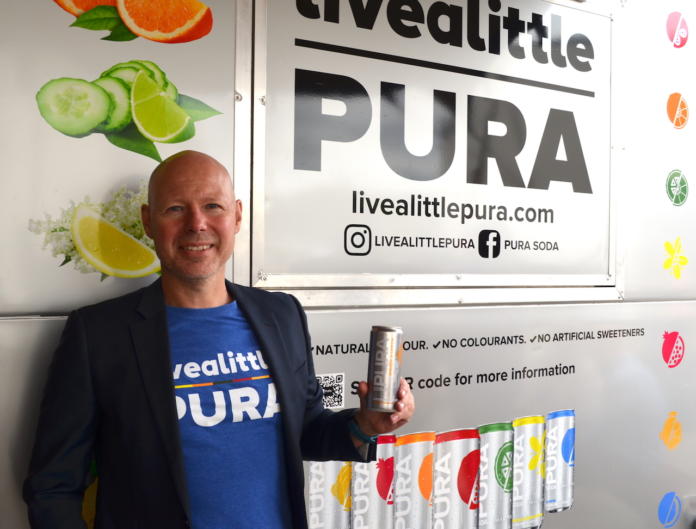The local food and beverages sector has taken an interesting twist in the past few years with new innovative brands -often capitalising on consumer’s increased fixation with health and customised quality – coming more strongly to the fore.
Some innovative brands have already captured the attention of mainstream investors.
Stellenbosch-based Chill Beverages – the makers of Fitch & Leedes mixers and Score energy drinks – was bought by Brian Joffe’s Long4Life investment company.
BOS Brands, the makers of rooibos tea-based beverages, attracted investment giant Remgro’s venture capital fund InVenfin as a major investor. By CBN’s count Remgro has invested close to R350 million in BOS over the last few years.
Interestingly, InVenfin has also invested in two other cutting edge food ventures in the Western Cape – confectionery maker Joya Foods and artisanal chocolate business De Villiers.
A new venture that has popped up on CBN’s radar is PURA Soda, which has ambitions to become the next US $1 billion company within the next few years.
PURA Soda, which has its roots in Cape Town, exports healthy non-alcoholic soda brands to 13 countries.
PURA has seven flavours with just a sprinkle of sugar, all-natural flavours and zero colourants.
Founder and CEO Greig Jansen believes the audacious $1 billion aim of being the next ‘unicorn’ business can be a reality: “We launched the brand in 2017 and within a year had already surpassed the rate of sale of popular local brands. Since then, we have grown by over 400% over the past 18 months…”
He said extensive research into the future of the soft drinks industry reinforced a belief PURA Soda was perfectly positioned for growth.
“The carbonated soft drinks industry is changing rapidly. High disposable income, continued urbanisation and changing lifestyles, accelerated by the Covid-19 pandemic, have all contributed to a natural progression into the desire for people to lead a healthier life.”
He believed the non-alcoholic ready-to-drink beverages market has spiked as people move towards beverages with less sugar.
Jansen pointed out that the global non-alcoholic beverages market size was valued at over $919 billion in 2019 and was projected to reach over $1.2 trillion by 2027. This would represent a compound annual growth rate of 8.2%.
He said the largest category of the non-alcoholic beverage market is soft drinks, with the fastest growing segment being in the ‘better-for-you’ category.
“If we can capture just a fragment of this market, we will be well on our way of reaching our aim to be the next $1 billion business. And I believe we can, because PURA Soda sits in the sweet spot between offering a drink that is better-for-you, retailing at an affordable price point, that still tastes good…”
PURA could be one to watch in 2021…and beyond.
